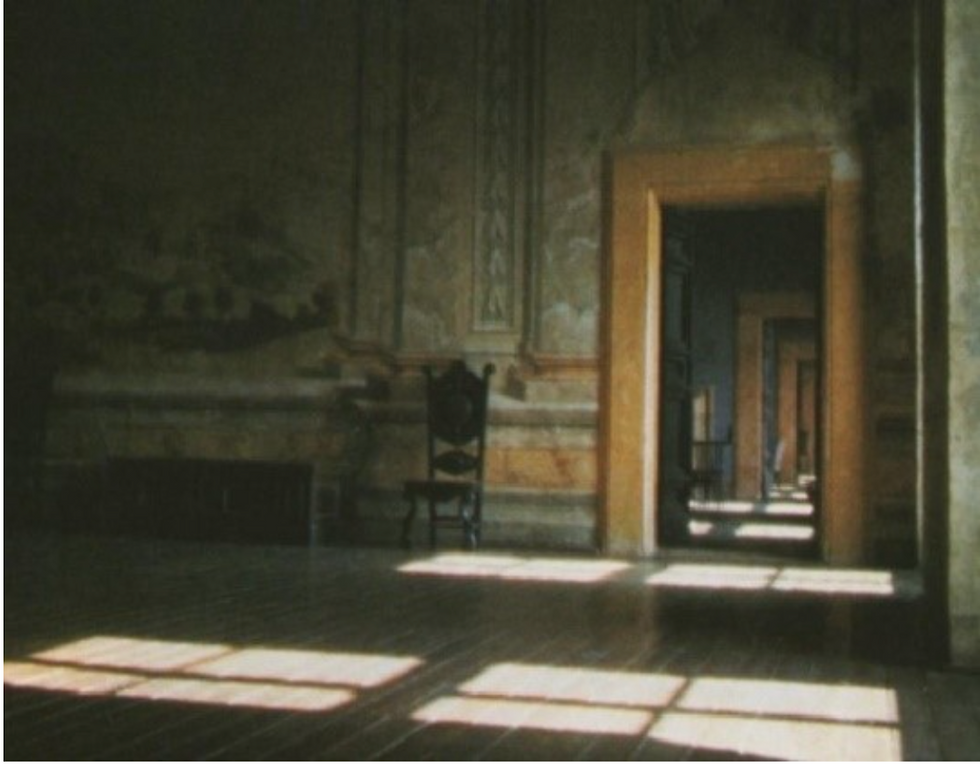Gregory J. Markopoulos
- Yida Zhang
- Nov 28, 2023
- 2 min read


Gregory J. Markopoulos (1928-1992) was an American experimental filmmaker of Greek descent. Emerging in the avant-garde cinematic scene after post-war America, his films, inspired by literary (Swain, Du Sang, Du Volupté et De la Mort) and mythological (Twice A Man) sources, were among some of the most idiosyncratic and original to ever come from experimental cinema. Around 1968, he grew disillusioned with the treatment of experimental film and its culture in the USA and decided to spend the rest of his life traveling around Europe with his partner, Robert Beavers, another experimental filmmaker. While in Europe, he developed what could arguably be called his signature film techniques and theories, a romantic vision of film which explores the filmic language down to the level of the single-frame, comprising of crosscuts and juxtapositions of images filled with sumptuous and abstract color and light to create singular emotional experiences.
Later on in Markopoulos’ life, he returned to his homeland, Greece, and devised plans for a project called the Temenos (a consecrated piece of land), an archive dedicated to the preservation and presentation of his own film and cinema-related work, based in the Greek village of Lyssarea, where his films would be shown in a specially-designated tract of land, in harmony with the Greek landscape of his home. It was undoubtedly the first of such monographic archives in which a filmmaker’s work, writings, and aesthetic influences can physically exist in close proximity. Temenos now consists of screenings once per four years of Markopoulos’ final extensive 80-hour film cycle Eniaios (Greek for unity), the sum of his entire filmography especially re-edited, incorporating old and new footage to represent the crowning achievement of his life’s work.
The arguable culmination of all of Markopoulos’ cinematic ideals can be summed up with the term “Film as Film”. While no explicit definition of this term exists, a term with different interpretations attributed to it by fellow filmmakers and experts, it is undeniable that through his cinema, Markopoulos strived to create a singular language comprised of his varied aesthetic and filmic influences, his love for his home country, and his determination for idiosyncrasy and a complete rethinking of the approach to experimental film, thereby transcending his works into pure celluloid, the plain process of the creation of images and their reception by the gaze of the viewer.





Comments